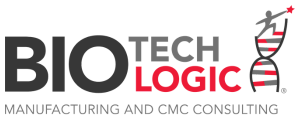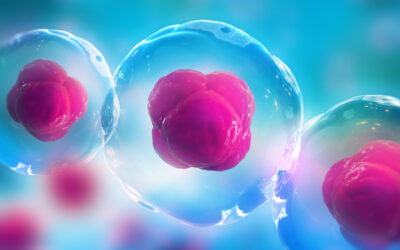Process Development and QbD
BioTechLogic has proven expertise in both planning and documenting biologics process development and regularly applies QbD strategies.
This documentation provides the map to the current production process and the justification for the technology. This includes laboratory studies to define the design/control space, operational changes during the manufacture of clinical supplies, scale-up, relocation and technology transfer, and data trending and statistical evaluation.
The process must be characterized in terms of starting materials, intermediates, product- and process-related impurities, viral clearance, leachables/extractables, process intermediates and final product. BioTechLogic has proven success in the planning of a lean approach to the process profiling needed to understand the effectiveness of each unit operation and impurity/residual reduction via tailored strategies for routine and non-routine analytical testing.
In preparation for the Process Qualification stage, documentation directly related to the current manufacturing process must be updated to reflect the defined process technology. BioTechLogic can provide vast experience with the generation of batch records, production support documents, and process-related SOPs. Routinely, a detailed process description is written to capture intellectual property and to serve as the basis of change control after the process has been qualified. The detailed process description also identifies the parameters, controls and specifications of the process—which will be used as the foundation of the process validation exercise.
Process development and QbD services include:
- Detailed process descriptions
- Process understanding and process characterization
- Design of experiments (DOE) plans and statistical evaluation
- Small scale model equivalency
- Development history reports
- Supporting validation plans/reports (e.g. resin re-use and lifetime studies, membrane storage, sanitization and re-use studies, buffer and intermediate hold time studies, filter validations, shipping validations, etc.)
- Technology transfer and scale-up plans/reports
- Campaign summary reports
- Contract site management
- On-site manufacturing support (person-in-plant)
- Process and product comparability protocols
Some areas of specialized process development expertise:
- Synthesis, fermentation, and cell culture processes
- Isolation processes
- Purification processes
E B O O K
Designing a Gene Therapy CMC Architecture for the Full Product Lifecycle
Process Development & Contract Services Decision Making
This guide gives gene therapy innovators a high-level perspective on the process development and contract services selection decisions to be made throughout the phases of development.




